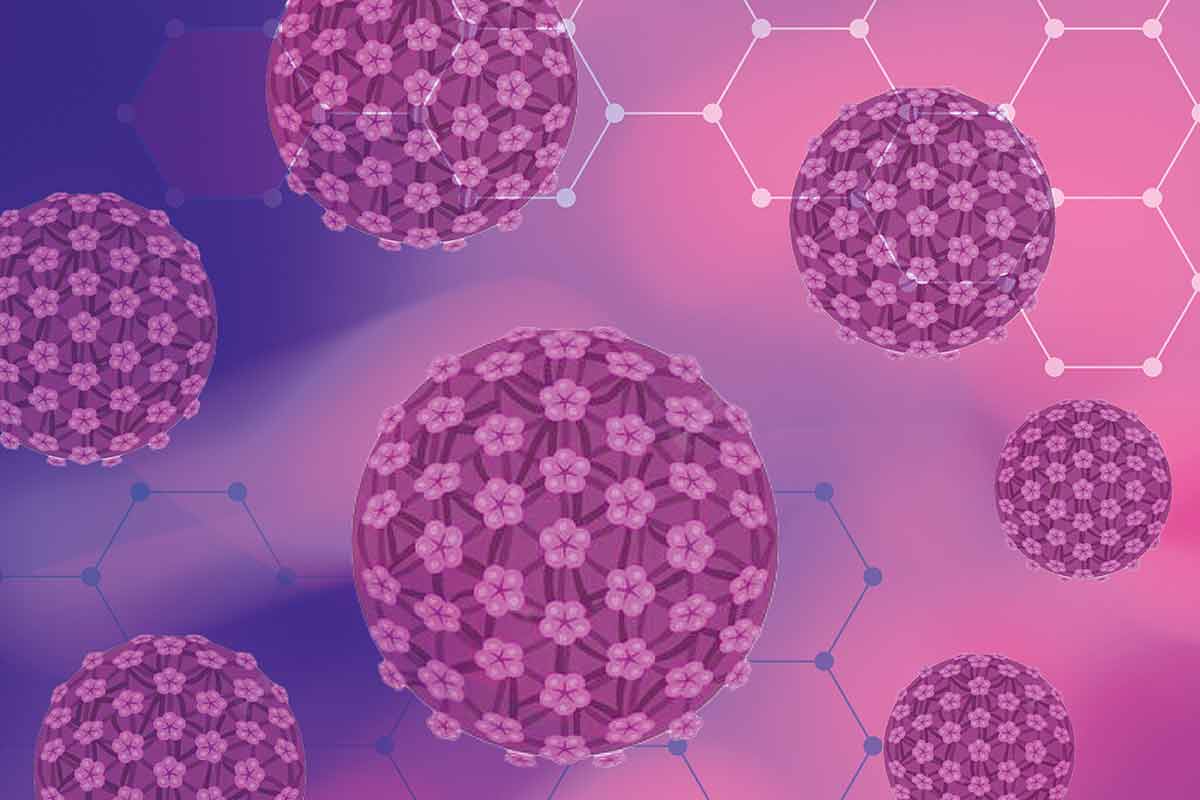JCV Project
JC Virus (JCV) is a human polyomavirus that commonly infects people during childhood and remains latent in the body without causing any symptoms. However, in certain individuals with weakened immune systems, JCV can reactivate, spread to the brain, and induce a lytic infection of oligodendrocytes causing the so called Progressive Multifocal Leukoencephalopathy (PML). PML is a severe, progressive, fatal demyelinating disease that primarily affects immunosuppressed individuals such as those with AIDS, individuals receiving immunosuppressive therapies for conditions like multiple sclerosis (MS), organ transplantation and cancer and individuals with immune diseases.
The virus is widespread in up to 85% of the general adult population and the PML annual incidence is of 4,000 individuals in the United States and Europe. From a marketing standpoint, forecast of PML treatment shows a steady growth rate. This growth is attributable to the rising use of immunomodulatory drugs for autoimmune and other conditions (https://www.databridgemarketresearch.com/reports/global-progressive-multifocal-leukoencephalopathy-treatment-market, https://www.futuremarketinsights.com/reports/progressive-multifocal-leukoencephalopathy-treatment-market).
An effective and specific therapy for the treatment of PML is needed. Currently, there is no antiviral therapy for PML, and the only available treatments consist in providing supportive care, attempts to retrieve immunocompetence, through the discontinuation of the immunosuppressive treatment, attempts to boost the immune response (IL-7) and the inhibition of the viral replication through a non-virus-specific drug (mefloquine).
OUR APPROACH
Pomona Ricerca was the first to isolate and characterize a human neutralizing monoclonal antibody, named GRE1, that is able to bind the main capsid protein (VP1) of JCV (patent EP2867257A2).
GRE1 characteristics:
- specific reactivity against JCV/VP1, as GRE1 does not bind the highly homologous capsid protein of the BK virus (BKV)
- binding to a conformational epitope on the VP1/JCV protein at the level of the amino acids I62, S65, A127, D130, N131, A133 e A175 of VP1/JCV (amino acid positions based on VP1/JCV Mad1 strain, P03089)
- in vitro neutralizing activity against JCV strain Mad-4:
- Fab IC50 = ~ 0.4 µg/mL
- IgG1 IC50 = 0.001 µg/mL
- Fab IC50 = ~ 0.4 µg/mL
- in vitro neutralizing activity against genotypes 1a, 2a and 3b pseudoviruses
- binding to the following mutated VP1/JCV VLP (mutation found on JCV isolated from the CSF of PML patients): L55F, K60E, N265D, S267F, S269Y, S269F, Q271H, L55F/N265D, L55F/S267F, L55F/S269F, and CGN-associated mutations N74S, R75K, T128A, L158K, K345R and Δ Q350/T351
PRECLINICAL DEVELOPMENT:
- establishment of CHO cell line expressing GRE1 by CellCa GMBH (Germany)
- establishment of the Research Cell Bank (RCB) by CellCa GMBH (Germany)
- establishment of the Working Cell Bank (WCB) and of the Master Cell Bank (MCB) Polymun (Austria)
- validation of a full-scale preliminary run for GMP production Polymun (Austria)
- tissue cross reactivity studies by Citoxlab (France)
- GRE1 best formulation to ensure optimal storage and preservation conditions by Coriolis Pharma (Germany)


